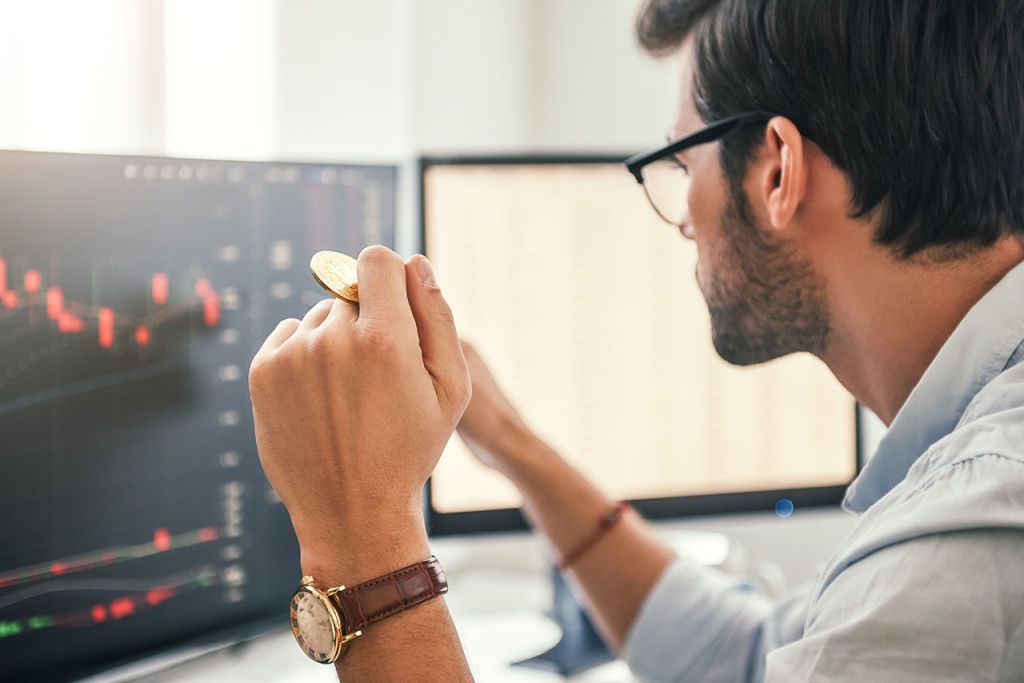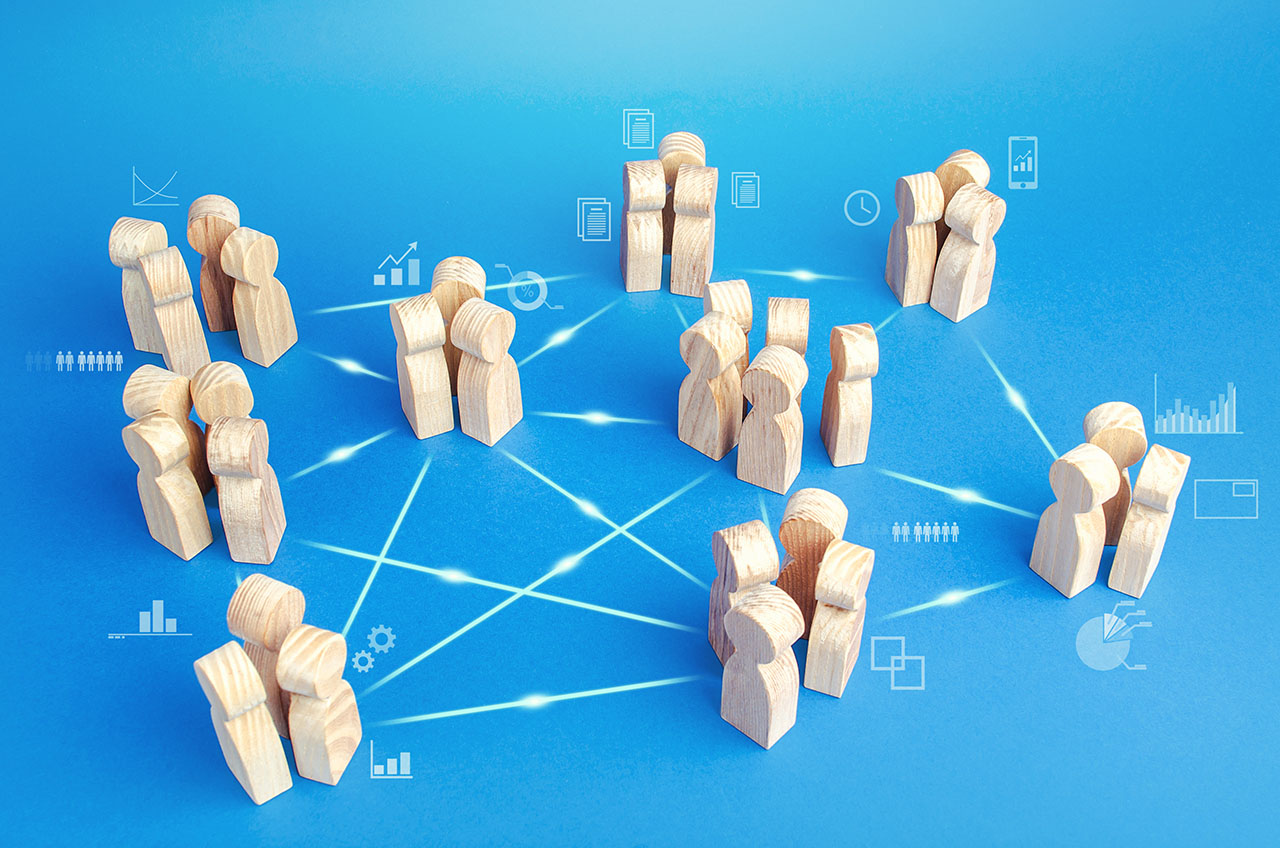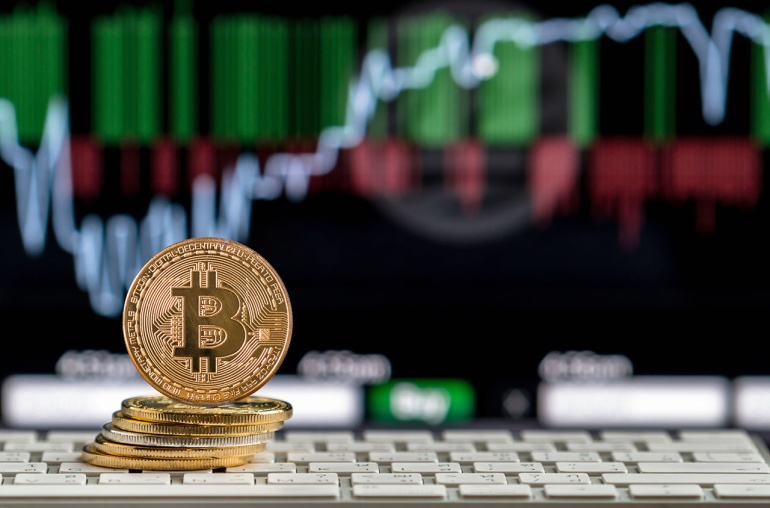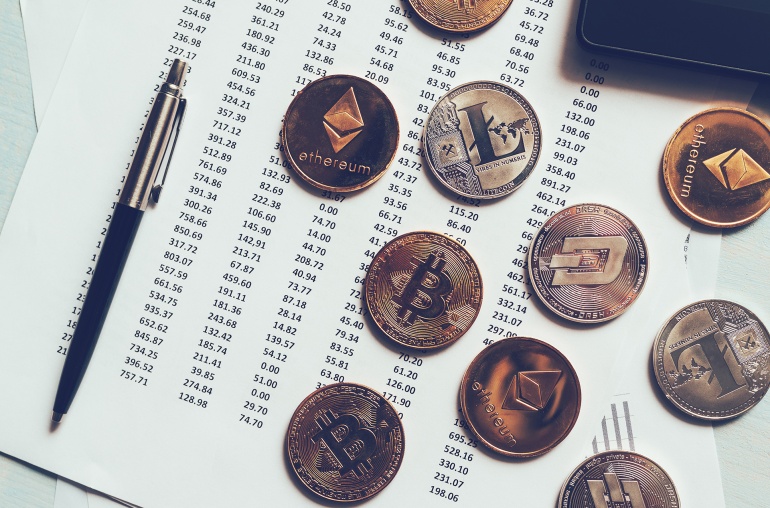We all know that “decentralization” is one of the standout features of the digital and cryptocurrency system. It simply means that any crypto network, such as a private Blockchain, isn’t controlled by a single entity like the central bank or government. Instead, a number of computer systems and data points (nodes) work together to manage the whole system.
Thanks to this decentralized status, virtual currencies are able to maintain security and privacy levels that standard Fiat currencies just cannot match. Moreover, the decentralization of cryptocurrencies has given rise to concepts like DeFi (Decentralized Finance) and DAO (Decentralized Autonomous Organization). Both have been around for a few years but are beginning to gain serious traction now.
DAO: The Basics
DAO, or Decentralized Autonomous Organization, refers to a bunch of individuals who collectively agree to follow a set of rules to achieve a common goal. Smart contracts – algorithms that function after the fulfilment of some criteria – are used to define these rules and regulations.
The members of this decentralized group can decide on any purpose that they deem fit. Such an organization has a “flattened hierarchy.” This means that every member has a stake and a single person cannot control or own the entire setup, which is usually the case in a conventional organization where the CEO is in charge of pretty much everything.
Like most things within the crypto space, DAOs use Blockchain as their preferred ledger to record all activities (decisions made, transactions taking place, etc.) of the group. Some examples of DAOs include a bunch of cryptocurrency investors working together to accumulate and trade NFTs, a collection of individuals working as NFT artist incubators and crypto publishers, etc.
Ardent advocates of web 3.0 are convinced that DAOs will be the next major revolution in the business world. With all the important decisions within a company being divided among its people, it could run automatically. As a result, unlike conventional leadership models, there would be lesser likelihood (in theory, at least) of bad and self-serving decisions taken by one or just a couple of individuals.
To understand how such a model is likely to work practically, consider this example of a shipping business. If this venture was a decentralized autonomous organization (DAO), no governing board would be there because everyone associated with the company in any role would have a say in the decision-making.
As a result, accounting-related calculations such as shipping costs, inventory replenishment, and product demand would be automatically managed by smart contracts powered by efficient algorithms. In a nutshell, there would be no need of a dedicated management group to run the firm because it will be functioning on autopilot.
Working Mechanism of a DAO
Like it was mentioned earlier, the rules of a DAO are added to its code in the shape of smart contracts. These are programmed to operate when some specified actions take place. Everyone agrees to follow the rules at the time of buying into the group. If the laws are violated at any point, the organization’s funds are automatically locked and no one can utilize the DAO. Hence, the working structure of a DAO ensures that everyone adheres to the rules and regulations.
Every DAO includes a treasury. This is built into the system to store the group’s digital currency reserves. A member can access these funds only with the consent of the entire group. Moreover, decisions that can have an impact on the whole organization are taken collectively within a specified period.
Following are the necessary steps in the creation and launch of a DAO.
Smart Contract
The developers responsible for writing and maintaining the code of a DAO program the smart contract(s) with the aim of adherence to the established rules and guidelines. As a result, the code is tested extensively at this stage. It needs to be robust enough that any individual member or some outside entity cannot tamper with the system. Once a DAO has been launched, the only way its code can be changed is through a vote taken by the whole group.
Fundraising
The members of a DAO have to raise the funds. This shared reserve of currency is what the entity would function on later. That’s the phase where people buy into the group if their interests, mission, and purpose align with that of the DAO. They agree to purchase a specific number (and amount) of tokens in return for a stake in the organization. The rules of operation can also be discussed, enacted, and redefined at this stage.
Launch
When a DAO is ready for launch, its code is deployed onto the developed Blockchain network. Once this is done, collective voting involving all the stakeholders is the only way to modify a decentralized organization’s code. Furthermore, the original developers of the code no longer have any control over the project once Blockchain takes over.
DAO: The Characteristics
With every group member sharing the risk, there’s a vested interest in making sure that the DAO runs as smoothly as possible. The involved individuals also share the rewards. Therefore, if the decentralized organization does well, the members earn more currency and the currency’s value is enhanced within the ecosystem of the DAO.
Also, members who have bought into the firm have a say in decision-making. A vote must be taken on every new proposal. The majority of stakeholders need to approve this particular pitch if it is to be signed into law.
How to Buy Into a DAO?
To buy into a decentralized organization operating on a Blockchain network, you have to purchase the crypto token on which the DAO’s code has been programmed to run on. In most cases, this token happens to be unique to that particular DAO. The rules of the group, encoded into the smart contract, might also include a provision to buy that particular token.
Parting Thought

Given their present status, DAOs require some fine-tuning before they can be universally adopted. Moreover, like everything crypto-related, there are staunch opponents of this method of doing business. Nevertheless, interest in decentralized organizations is steadily growing and that’s unlikely to change anytime soon.
Keep an eye on this space at The Crypto World for the latest news from the world of Blockchain and cryptocurrencies.



